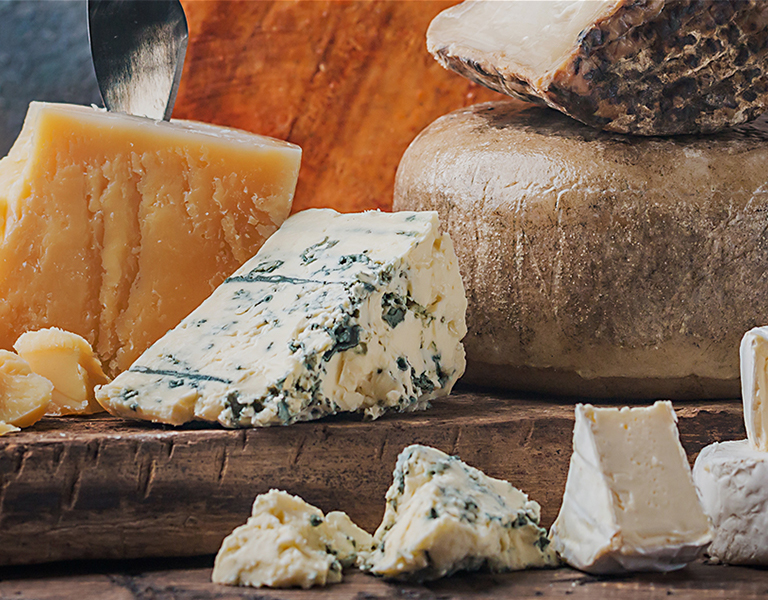

Automation
Australian food and beverage manufacturer opts for RPA to slice out inefficiencies in trade spend processing
Subscribe to our blog to know all the things we do
